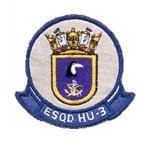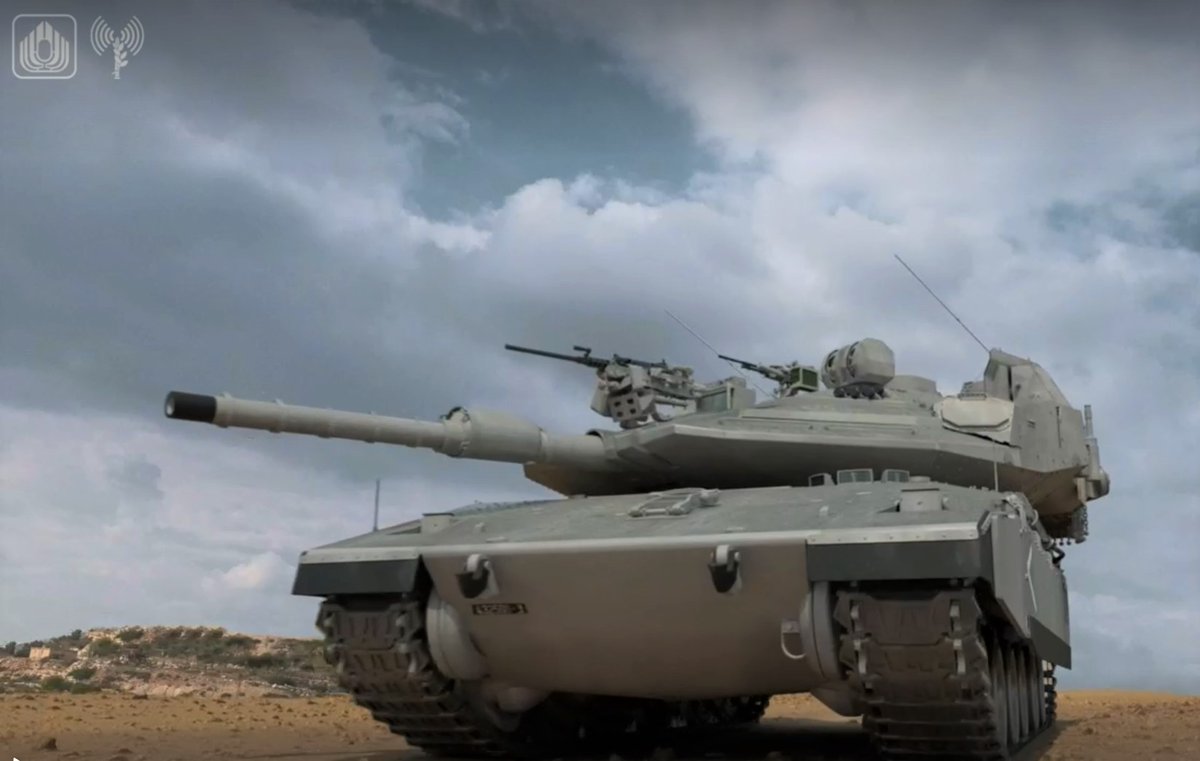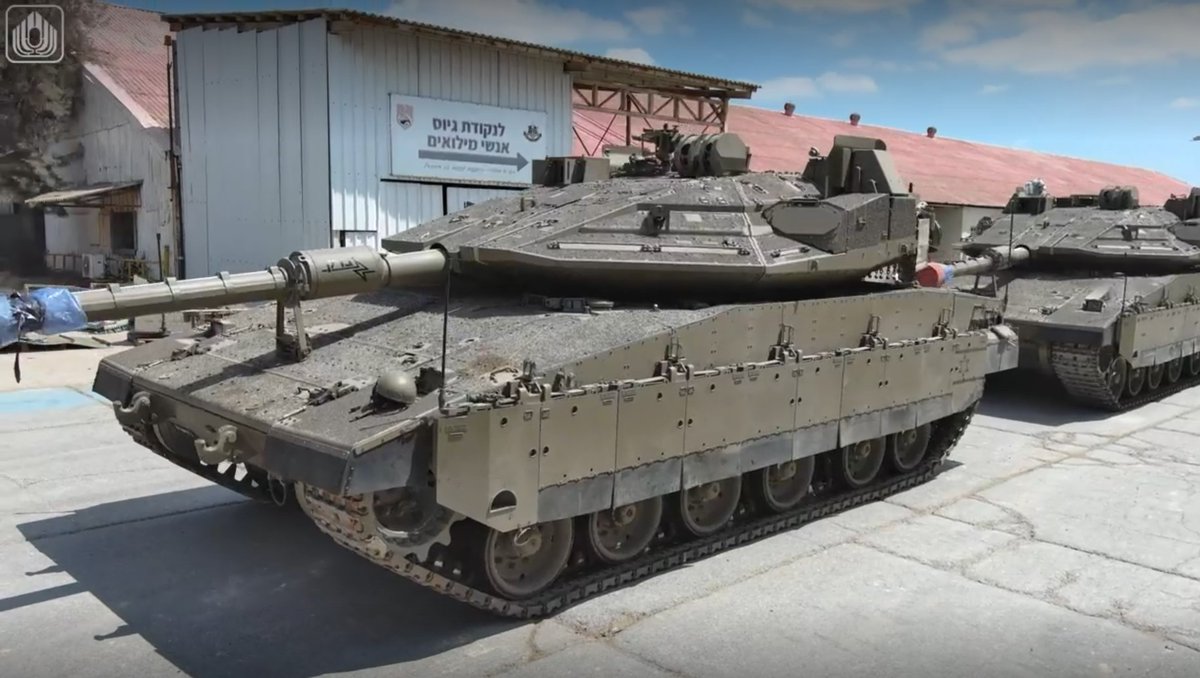French, German defense ministers throw support behind future tank effort
After a high-level meeting, both stressed a separate European Defense Fund effort is no competition for the Main Ground Combat System.
By CHRISTINA MACKENZIE
on September 22, 2023
PARIS — The defense ministers of France and Germany on Thursday gave a clear thumbs-up for the delayed Main Ground Combat System (MGCS), suggesting that not only is the future tank program in fine health, but other countries have expressed interest in joining the effort.
The French minister, Sebastien Lecornu, specifically mentioned Italy and the Netherlands, but added “there are others,” who could be welcomed with observer status before any more formal additions to the MGCS team.
Lecornu was hosting his German counterpart, Boris Pistorius, on an airbase in Évreux, northwest of Paris, the second time the pair has met in as many months.
The meeting took place amid strained relations between Berlin and Paris on a broad range of topics. In perhaps a symbolic gesture, the two gave a joint interview earlier in the week with Le Monde in which they made clear their support for the MGCS program and attempted to tamp down rumors of additional tension in the wake of reports about Germany’s involvement in another future tank effort without France.
That effort, a nascent initiative involving industry from Germany, Italy, Spain and Sweden, amounts to a tender launched by the European Union’s European Defense Fund (EDF) to win a €20 million ($21.3 million) grant for the what’s designated the EDF-2023-DA-GROUND-MBT program, which media have dubbed the Future Main Battle Tank.
But the tender does not represent a threat to the MGCS program, the ministers said today.
“The European Union is playing its role to finance innovation. That’s a good thing,” Lecornu said. He pointed out that the limited EU funding for this research program was to be compared to €500 million ($533 million) just for the French share of the MGCS program, which is “an industrial project backed by two great armies.”
He added that he hoped the EDF project “would help technological [breaks] emerge that will be of benefit to all member states.”
Likewise, a spokesperson for the German defense ministry told Breaking Defense that “depending on what results from this [EDF] project, integration into MGCS is even conceivable.”
Lecornu also defended the delays to the MGCS program, saying it was put on the back burner in favor of the Future Combat Aircraft System (SCAF), a Franco-German-Spanish-Belgian initiative centered on a sixth-generation fighter jet. There was also a delay while the ministry awaited the French parliament’s approval for the military program law that would secure the MGCS developmental budget.
That is now done, so the Franco-German team is now putting “absolute priority” on the MGCS, he said.
The MGCS is a system of systems built around a manned heavy combat vehicle which will team and network with a variety of external platforms, most likely including both manned and unmanned ground vehicles (UGVs) and unmanned aerial vehicles (UAVs). Pistorius stressed during the post-meeting press conference that the MGCS “will be something completely new. It’s not just a modernization of the [German] Leopard or [French] Leclerc tanks.”
Lecornu noted that a key point about MGCS was to ensure it was interoperable with other NATO systems.
“One of the things that NATO-members’ aid to Ukraine has highlighted is the growing lack of interoperability of weapons systems used by NATO countries,” he said.
When it comes to the German and French militaries, Lecornu said, “They will not always be present on the same theaters nor have the same doctrines, but it is extremely likely that we’ll be on the same side.”
The MGCS project was initially led by one of Germany’s two main land defense system industries, Krauss-Maffei Wegmann (KMW). The other, Rheinmetall, joined in 2019. Their French counterparts are Nexter Systems and Arquus, though the latter is not yet involved in the project.
In 2015 KMW and Nexter joined forces, creating KMW Nexter Defense Systems, known officially as KNDS, but each carried on selling its own products under its own brand. That changed in June when the companies issued a simple statement announcing that KNDS “is harmonizing its brand image.”
 https://breakingdefense.com/2023/09/fre ... nk-effort/
https://breakingdefense.com/2023/09/fre ... nk-effort/
















